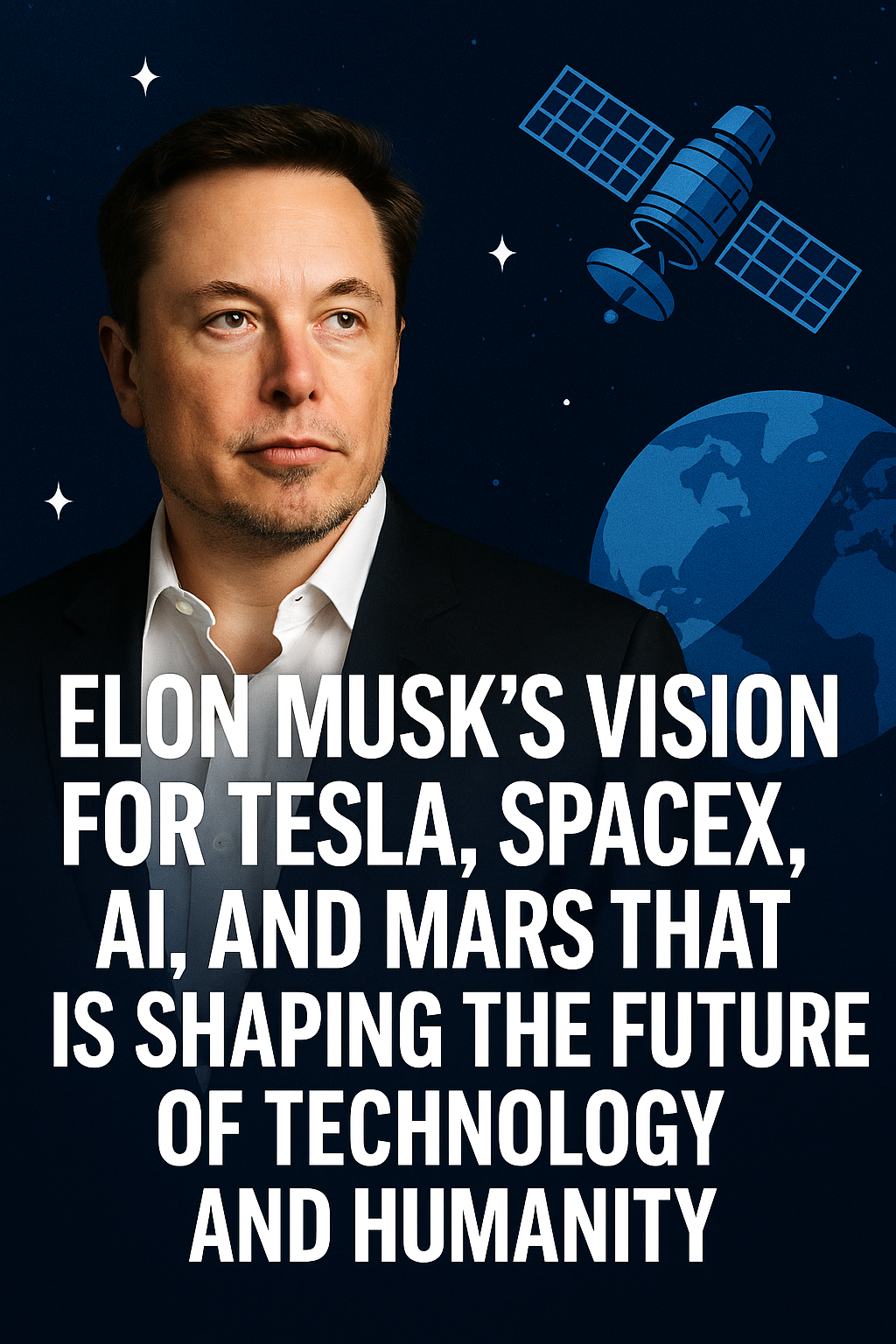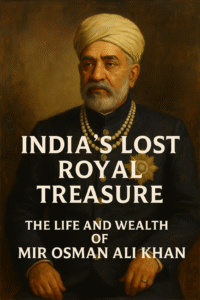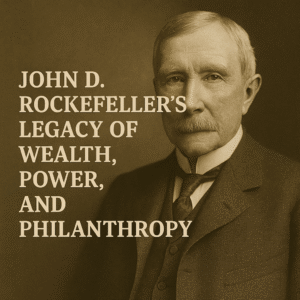Discover how Elon Musk’s companies—Tesla, SpaceX, and Neuralink—are redefining technology, AI, space travel, and the future of human civilization.
- The Early Years That Forged A Fearless Mind
- PayPal And The Internet Gold Rush
- Tesla And The Electric Dream That Drove Doubters Mad
- SpaceX And The Obsession With Mars
- Neuralink, Starlink, The Boring Company And The Empire Of Ideas
- The Man Behind The Myth And The Cost Of Genius
- What The World Might Look Like If Musk Wins
- Follow My Journey And Get Inspired To Transform Your Life For The Better
The Early Years That Forged A Fearless Mind
Elon Musk was born in Pretoria, South Africa, in 1971. From an early age, he displayed the hallmark traits that would define his later career: curiosity, intensity, and a restless desire to build. His parents—Maye, a Canadian model and dietitian, and Errol, an engineer—divorced when Elon was young. Musk often described his childhood as difficult, marked by bullying at school and emotional distance at home.
But that hardship may have been the crucible in which his resilience was formed. By the age of 10, Musk had taught himself to program, and by 12, he sold his first software product: a video game called Blastar. Unlike other children of his age, he read encyclopedias for fun and devoured science fiction novels. He wasn’t just escaping reality—he was laying the groundwork for the new worlds he would one day build.
Musk moved to Canada at 17, then transferred to the University of Pennsylvania in the United States. He earned degrees in both physics and economics. But his academic path was never the point—he was looking for the next frontier. That frontier, it turned out, was the internet.
PayPal And The Internet Gold Rush
In the 1990s, the internet was exploding, and Elon Musk was one of its earliest prospectors. His first major venture was Zip2, a company that provided online city guides for newspapers. It wasn’t glamorous, but it was pioneering. Compaq acquired it for $307 million in 1999, giving Musk his first taste of serious wealth.
Next came X.com, an online payment company he founded in 1999. That company later became PayPal after a merger and rebrand. Musk’s vision for financial disruption—using the internet to simplify money—was ahead of its time. In 2002, PayPal was sold to eBay for $1.5 billion. Musk’s personal share? Over $160 million.
Most would have stopped there, or at least slowed down. But Musk wasn’t building wealth for comfort. He was stockpiling ammunition for battle—against fossil fuels, stagnation, and even gravity itself.
Tesla And The Electric Dream That Drove Doubters Mad
When Musk joined Tesla Motors in 2004, it was just a fledgling startup founded by engineers Martin Eberhard and Marc Tarpenning. Musk invested $6.5 million and became chairman of the board. Eventually, he would become the face, heart, and driving force behind the company’s rise—and its endless controversies.
Back then, electric cars were considered either impractical, unattractive, or both. Musk disagreed. He saw a future where battery-powered vehicles weren’t a compromise—they were better in every way. The Tesla Roadster proved that electric cars could be sexy and fast. Then came the Model S, Model X, Model 3, and Model Y. Each release brought Tesla closer to mainstream success.
But it wasn’t a straight line. Tesla repeatedly teetered on the edge of bankruptcy. Its factories faced delays, its finances were questioned, and Musk’s erratic tweets spooked investors. Yet somehow, Tesla endured. More than that—it dominated. In 2020, Tesla became the world’s most valuable car company. By 2021, Musk was the richest man on Earth.
Tesla wasn’t just a car company. It was a movement—a mission-driven assault on oil dependency, automotive complacency, and climate indifference.
SpaceX And The Obsession With Mars
Most billionaires dream of yachts. Elon Musk dreams of planets.
SpaceX was founded in 2002 with a singular goal: to make humanity a multi-planetary species. At first, even reaching orbit seemed laughable. The first three launches failed. Critics called Musk reckless. NASA insiders dismissed SpaceX as amateur hour.
But the fourth launch succeeded. Then came the Falcon 9, the first reusable orbital rocket, flipping the economics of space travel on its head. Then the Dragon capsule. Then a contract with NASA. Then crewed missions. SpaceX became the first private company to deliver astronauts to the International Space Station.
And always looming in the background was Mars.
To Musk, going to Mars isn’t science fiction—it’s insurance. A backup plan in case Earth becomes uninhabitable. He has said that he wants to die on Mars—“just not on impact.”
SpaceX is now developing Starship, the most powerful rocket ever built, designed for interplanetary travel. Musk’s timeline is aggressive, his promises audacious. But if his past is any clue, the future may be closer than we think.
Neuralink, Starlink, The Boring Company And The Empire Of Ideas
Elon Musk doesn’t build companies. He builds ecosystems.
While Tesla and SpaceX grab headlines, Musk’s lesser-known ventures are just as ambitious. Neuralink, founded in 2016, is working on brain-computer interfaces. The idea? To merge humans with AI before AI outpaces us. The technology is still in its infancy, but Musk believes it could treat neurological disorders—and eventually let us control machines with thought alone.
Starlink, a division of SpaceX, aims to blanket Earth in low-orbit satellites to provide high-speed internet everywhere—especially in remote and underserved regions. With over 5,000 satellites already in orbit, it’s the largest satellite constellation in history.
Then there’s The Boring Company, a venture into urban transportation. Its goal: reduce traffic congestion through a network of underground tunnels. While critics scoffed at the idea, Musk actually built one under Las Vegas—and more are in the planning stages.
Each company shares a theme: solving problems too big or strange for most to even attempt. Climate change. Traffic. Space colonization. Brain health. Internet access. Musk is not just betting on one future. He’s building several.
The Man Behind The Myth And The Cost Of Genius
Elon Musk is not an easy man to define. To some, he is a genius inventor. To others, a reckless CEO. He has been called both a visionary and a manipulator, a savior and a villain.
He works 100-hour weeks. He sleeps on factory floors. He tweets impulsively. He mocks regulators. He names his children things like “X Æ A-12.” He has been sued by the SEC, criticized for his labor practices, and accused of promoting misinformation. And yet—his companies continue to break barriers.
Part of Musk’s mystique lies in the contradiction. He is a man of data who acts on instinct. A wealthy capitalist who fears the collapse of civilization. A tech mogul who wants to give away his fortune to colonize another planet.
His leadership style is divisive. Some former employees describe burnout and fear. Others say working with Musk was the most thrilling experience of their lives. He pushes people to the edge—but often beyond what they thought was possible.
Whatever your opinion, one thing is clear: Elon Musk has changed the trajectory of multiple industries. He has made electric cars cool, private space travel viable, and ideas like brain-computer fusion part of mainstream conversation.
What The World Might Look Like If Musk Wins
If Elon Musk gets his way, your car won’t need petrol—or a driver. Your city won’t be clogged with traffic. Your brain might interact directly with your computer. The world will be connected via satellites, and humans will live not only on Earth, but on Mars.
This is not the stuff of sci-fi novels anymore. It’s being prototyped, manufactured, and launched—often by Musk himself. Whether you admire his methods or not, he has redefined what’s considered possible in technology and business.
In a world full of cynics and incremental thinkers, Musk remains something rare: an unapologetic optimist with the money, mind, and momentum to bet on the unbelievable.
And if he’s even half right, the future will look nothing like the present.
I am working on building a passive income stream using the internet. If you would like to do the same take a look at this business by clicking here.
This business can be operated using the internet and the start up cost is low. I don’t have to leave my current employment to work on building this global business.
If you like what you see, work with me to build a passive income stream using this global business.
I do not provide personal investment or financial advice and I am not a qualified licensed investment advisor. I am documenting my online investment and financial journey and what’s working for me. Click Here to read disclaimer.
If you found value in this post and want to support my work, click here to buy me a coffee.
Subscribe to my list for valuable updates, tools, videos and articles that I will share as I come across them.
Let me know your thoughts on this post via the comments section. You can also add your insights and suggestions.
If you enjoyed reading this post or it added some value, please share it with others.

Follow My Journey And Get Inspired To Transform Your Life For The Better
“I may earn commissions as an affiliate from sponsored links within this post”





